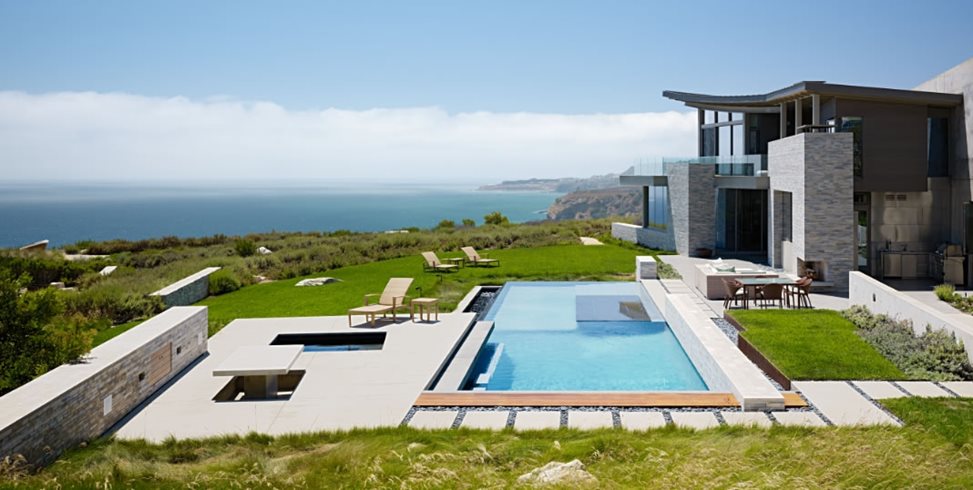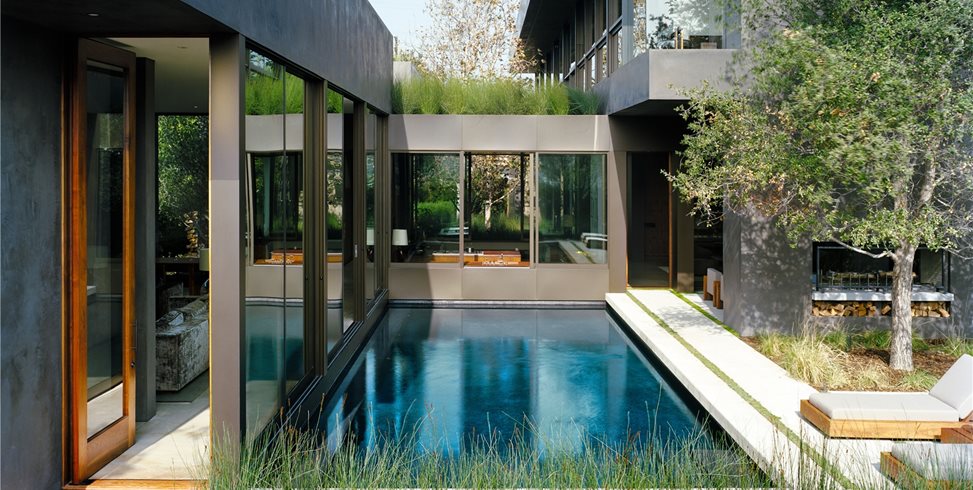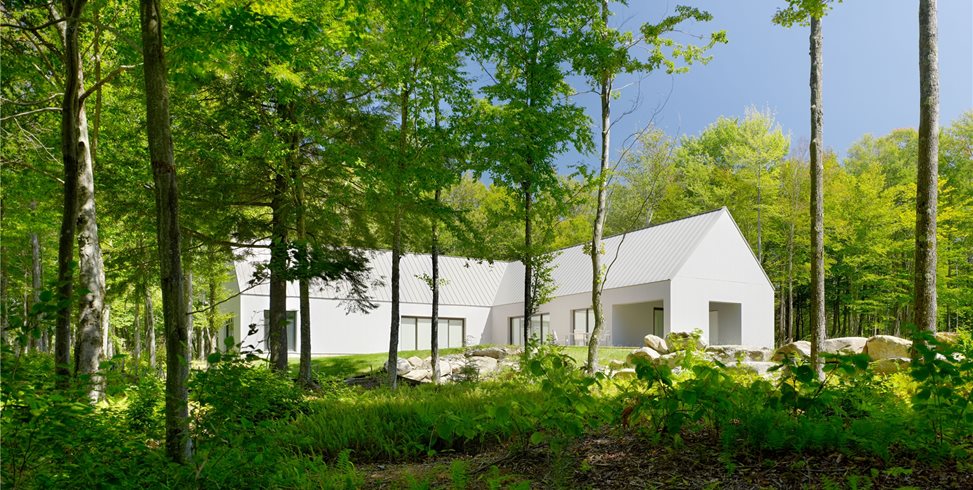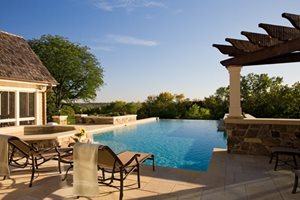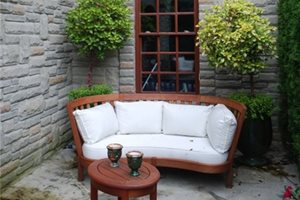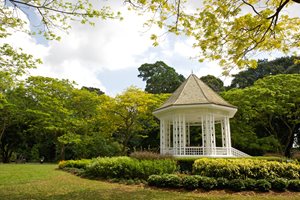Great Photography Sells More Jobs
Present yourself in the best light with superb photography of your workEverywhere I go lately, people are talking about the wonders of fabulous photography in helping products (or projects, in the case of landscape professionals) stand out from the crowd. At this year's Internet Retailers Conference in San Diego, Nastygal.com site owner Sophia Amoruso expressed that a central reason for the explosive growth of her site is the dramatic, professional photography showing the clothing, shoes, and accessories that her site sells. Several other successful presenting retailers at the conference mentioned the same thing: Photography matters! Big, bold, high-resolution photography sells product
I asked Joe Fletcher, owner of Joe Fletcher Photography and, in my opinion, one of the finest architectural and landscape architecture photographers on the planet, to give landscape professionals some tips for better photography.
Joe's tips for better landscape photography:
If you plan on taking the photos yourself, here are the secrets to achieving the best results.
- Have and use a tripod. Not only will it give you a better depth of field, it also aids careful composition.
- If possible, use tilt-shift lenses to frame the composition in the lens. Adjusting for perspective in processing can yield some unexpected bad results and diminish image quality.
- Get down low. In most cases, a lower view looks better.
- Take a mixture of vertical and horizontal and wide and detailed shots. When people view a set of images, they often find a shift in format and distance more engaging.
- Does it make a good picture? Don't assume that what you appreciate in a project makes a good photograph. Not all things translate well. A good trick is to squint when looking for a composition. This abstracts your view and increases contrast, which aid in visualizing the composition.
- The best time to take landscaping photos is during the hours just before sunrise and just after sunset. The light spectrum is wonderful, and you avoid direct sunlight.
- It's okay to include people in your pictures, as long as they don't become the focus. The point is to highlight the landscape and the design, without spoiling the serenity.
- Make a list of things to do to get the property ready for the shoot. Make sure all light bulbs are working and that all debris is cleaned up. You want the site to be sparse; less is more.
Hiring a professional photographer:
The experience of a professional landscape architecture photographer can be invaluable, especially if you want to submit your project for award consideration or publication in magazines. Professionals carry gear and have tricks that will aid in getting good shots, even when the lighting is complex or poor. Most of all, professionals will ensure that nothing goes wrong in taking the pictures, should you have limited access and or time to document the project. Additional reasons to hire a professional:
- For web and electronic use, low resolution and cheap optics may suffice, but for prints and for award and magazine submissions they won't do the project justice.
- Pros have a distance from the project, and an understanding of what publishers are looking for. This perspective helps in creating a good set of images to represent the project and relate what's important.
When hiring a professional, take care to match the photographer's style and aesthetic to the project. No matter how professional the photographer, the pictures will look much better when these are in sync. Also, share insights of what you are looking for with your photographer. You don't want to miss photographing anything important
A photographer owns the copyrights of the photos he takes, and will sell image usage for your in-house use (brochures, web, Facebook, award and magazine submissions). Sometimes other parties on the project can share in the work for an additional percentage, which can make professional photography less expensive for all parties. If you intend to submit your work to magazines, be careful of publishing the photos on the web. The magazines will generally want exclusivity.
Joe Fletcher is located in Northern California but travels extensively for photography assignments. Visit his website at www.joefletcherphoto.com and follow his work on Facebook under Joe Fletcher Photography.

 Backyards
Backyards
 Front Yards
Front Yards
